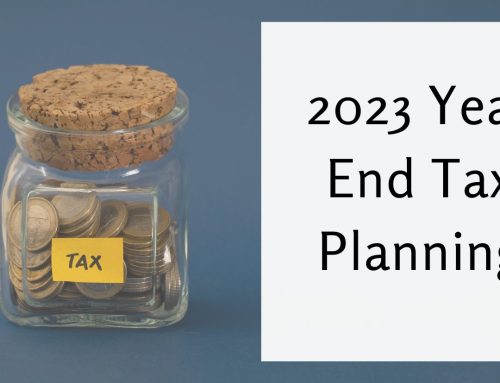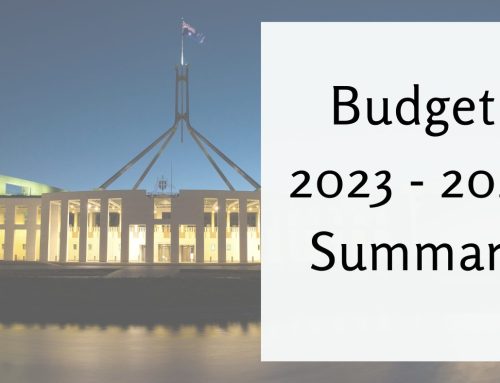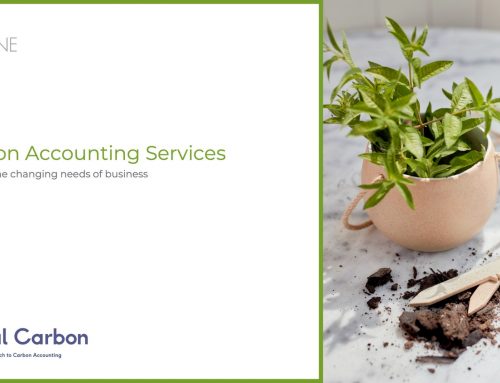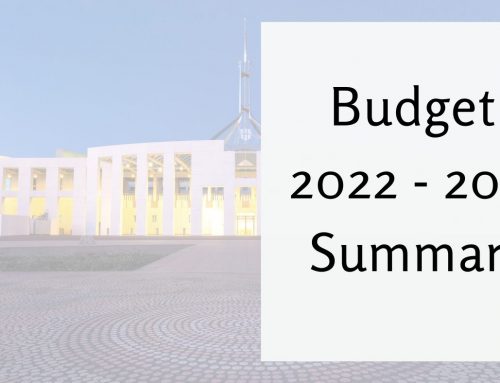From 1 July 2016 you are considered to have a small business entity (SBE) if you are a sole trader, partnership, company or trust that:
a) Operates a business for all or part of the income year;
and
b) Has an aggregated turnover of less than $10.0m
If you are a SBE from 1 July 2016:
- if trading through a corporate entity, the company tax rate will be 27.5% (reduced from 30%).
- you can immediately deduct the business portion of most assets that cost less than $20,000 provided that the asset is installed ready for use on or before 30 June.
- If you were not a SBE in the 2016 tax year because your aggregated annual turnover was greater than $2.0m but you now satisfy the definition of a SBE because your 2017 aggregated annual turnover will be less than $10.0m then the ‘simpler depreciation’ rules for SBE are available to you. If you choose to use the simplified depreciation rules you must:
- use them to work out deductions for all your depreciating assets except those specifically excluded; and
- apply the entire set of rules, not just certain elements (such as the $20,000 instant asset write off)
Therefore under the simpler depreciation rules you:
- Immediately write off the full set of depreciating assets that cost less than $20,000 that were bought and used (or installed ready for use) on or before 30 June 2017.
- Pool most other depreciating assets that cost $20,000 or more in a small business asset pool and claim.
- (i) a 15% deduction in the 1st year (regardless of when you purchased or acquired the depreciable asset during the year)
- (ii) a 30% deduction each year after the first year
- Write off the balance of your small business pool at the end of the 2017 tax year if the balance (before applying any other depreciation deduction) is less than $20,000.
Simplified Trading Stock Rules
You can estimate the value of your trading stock at your end rather than having to undertake a stocktake if there is a difference of $5,000 or less between.
- The value of your stock at the start of the income year; and
- A reasonable estimate of the value of your stock at the end of the income year.
Prepaid Expenses
You can claim an immediate deduction for prepaid expenses where the payment covers 12 months or less that ends in the next income year. Examples of potential prepayments include:
- accounting fees (but not audit fees)
- rent (note: this is particularly advantageous where a related entity was the business premises)
- interest
- lease payments
- insurances
- superannuation – but only if you have a Self Managed Superannuation Fund (SMSF).





